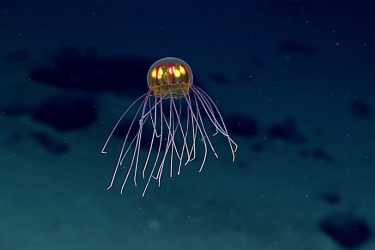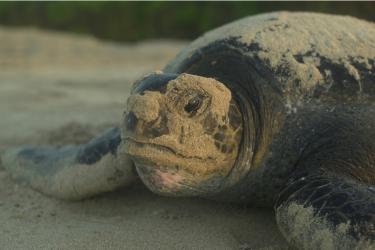Today, NOAA Fisheries announced the appointment of 11 members to the new Recreational Electronic Reporting Task Force. The task force was established under the auspices of the agency’s Marine Fisheries Advisory Committee, also known as MAFAC. Task Force members will draw on their expertise to evaluate and make recommendations on resource policies.
“Our new task force members have a wealth of expertise balanced among a variety of disciplines related to the generation, delivery, and use of electronic data, and public attitudes about participating in electronic reporting programs. Their guidance will assist efforts to improve recreational fishing data to maximize sustainable fishing opportunities,” said Dr. Cisco Werner, Chief Science Advisor for NOAA Fisheries. “Some new members are scientists or researchers in these fields, while others have applied experience. We are excited to welcome all of them to the MAFAC team.
The members represent a wide spectrum of skills, including:
- Sampling statistics
- Survey methodologies
- Citizen science
- Fishery stock assessment science
- Electronic monitoring or reporting
- Fisheries management
- Database development and management
- Mobile technology applications (apps)
- Marine recreational fishing
Ultimately, their work will provide expert advice to MAFAC and NOAA Fisheries leadership. “We are committed to assessing the current and possible future use of electronic reporting options for private anglers. The work of the task force will contribute to the development of an agency roadmap to advance and guide implementation of electronic data collection in private recreational fisheries,” said Dr. Werner.
The initial actions for consideration by the Task Force include:
- Identify and prioritize known data gaps relative to NOAA Fisheries’ role in supporting management of marine recreational fisheries that could be addressed through mandatory or voluntary private recreational angler electronic reporting programs.
- Identify realistic and achievable goals for voluntary (also known as opt-in) and mandatory electronic reporting for private recreational anglers, as well as associated challenges and solutions, where identifiable.
- Provide recommendations on how the aforementioned goals could be best supported or achieved by NOAA Fisheries.
The 11 new task force members are:
- Lucas Bissett, Slidell, Louisiana
USCG licensed Captain and owner of a fly-fishing guide service, Lowtide Charters - Michael Christopher, Irving, Texas
Managing Director of Elemental Methods, LLC - Chip Collier, Charleston, South Carolina
Deputy Director for Science, South Atlantic Fishery Management Council - John T. Froeschke, Tampa, Florida
Deputy Executive Director and Fishery Biologist-Statistician, Gulf of Mexico Fishery Management Council - Tyler Garber, Olympia, Washington
Mark Selective Fisheries Biologist, Washington Department of Fish and Wildlife - Kelly Garvy, Durham, North Carolina
Founder, Upstate - Francine Karp, Greenwich, Rhode Island
Data Collection, Harbor Light Software - Sean Simmons, British Columbia, Canada
President, Angler’s Atlas - Gregory Stunz, Corpus Christi, Texas
Executive Director of the Center for Sportfish Science and Conservation, Harte Research Institute for Gulf of Mexico Studies, Texas A&M University - Paul Venturelli, Muncie, Indiana
Assistant Professor of fisheries science and management, Ball State University; specializes in mobile technology applications - Amy Whitaker Dukes, Charleston, South Carolina
Supervisor of data collection and management, South Carolina Department of Natural Resources



